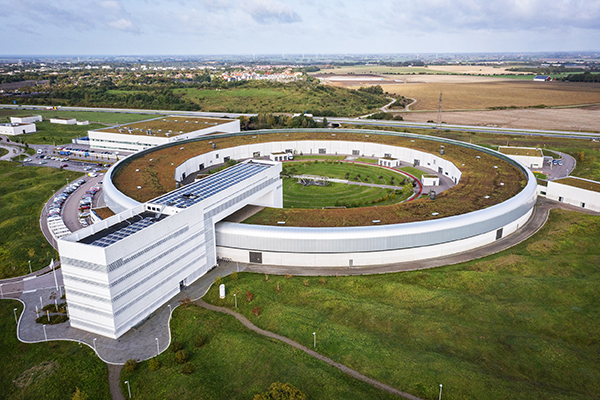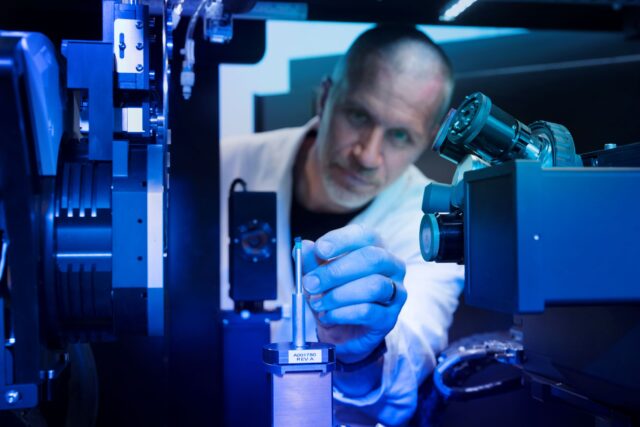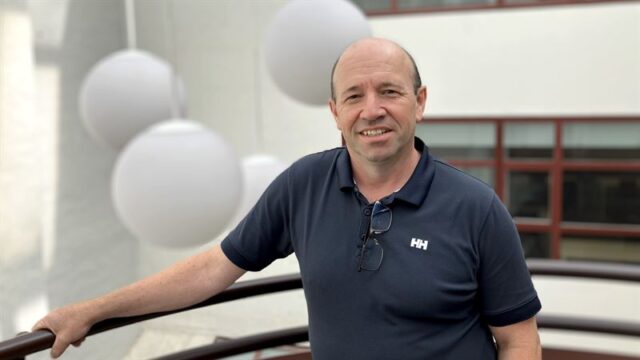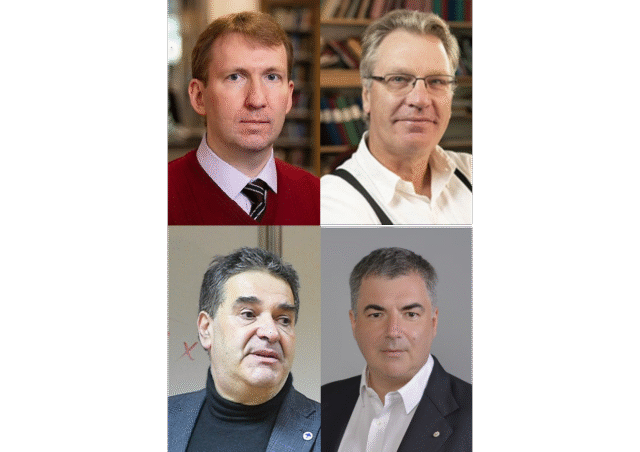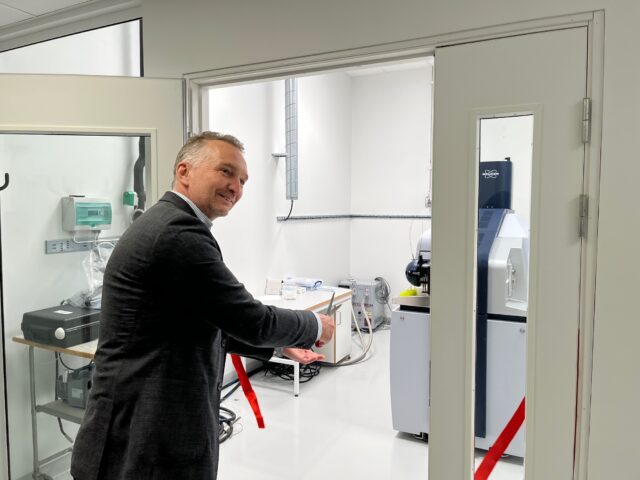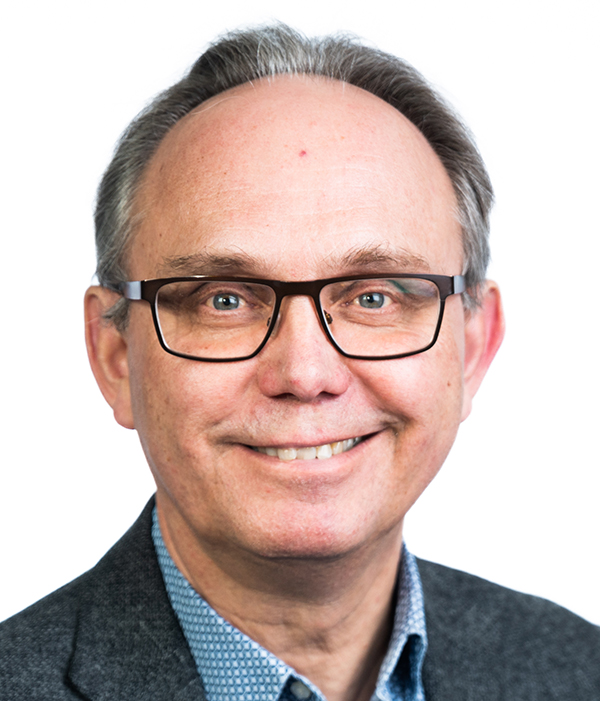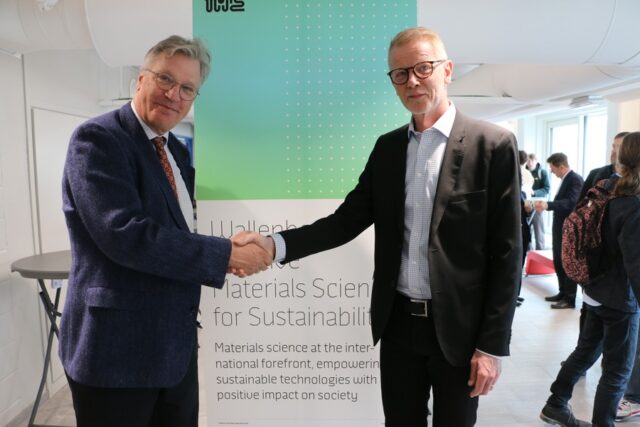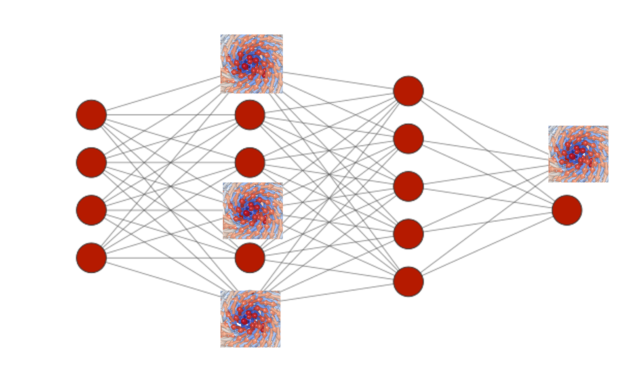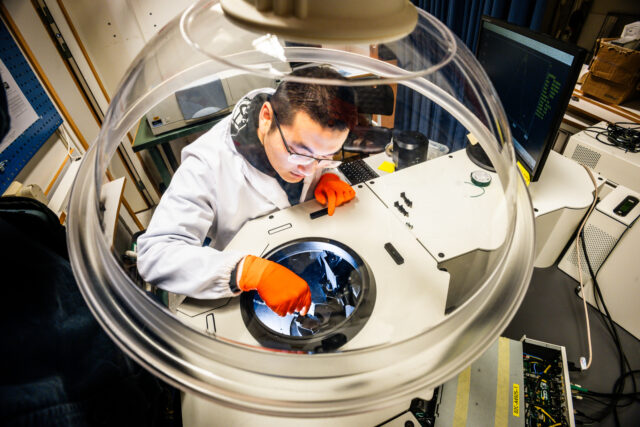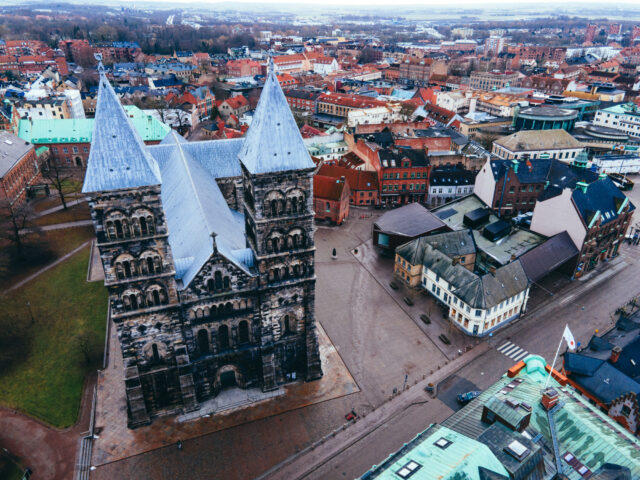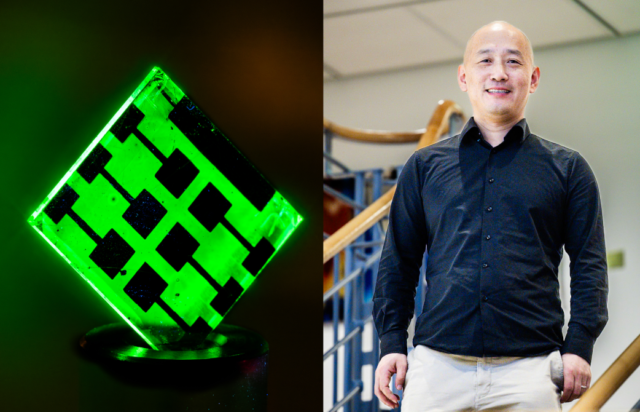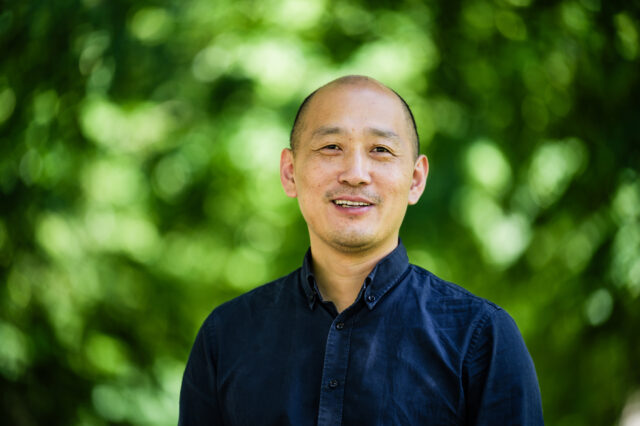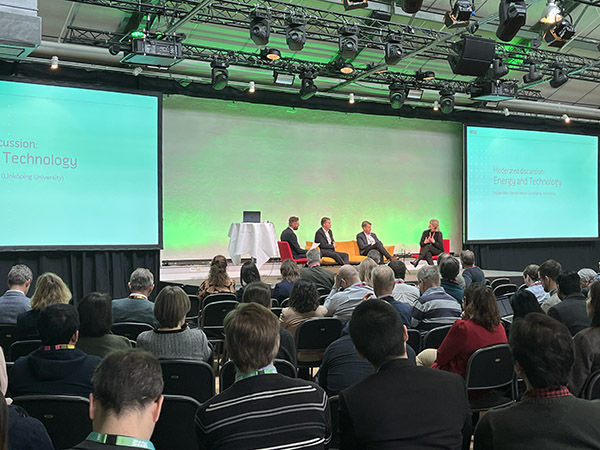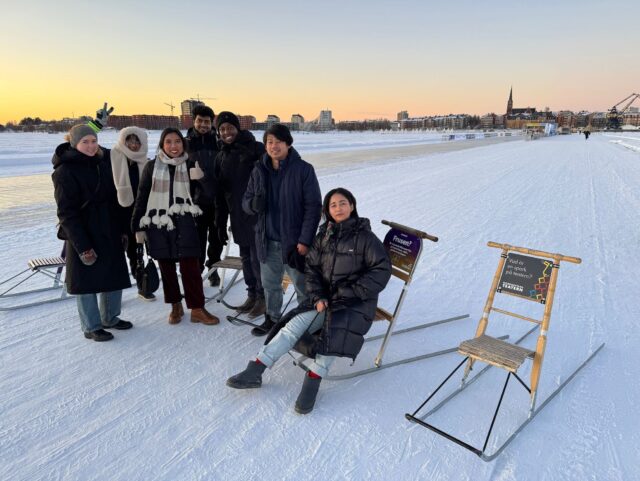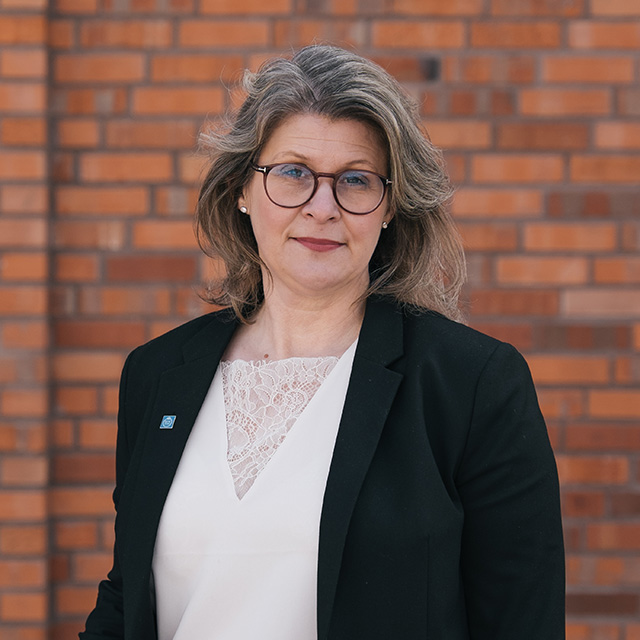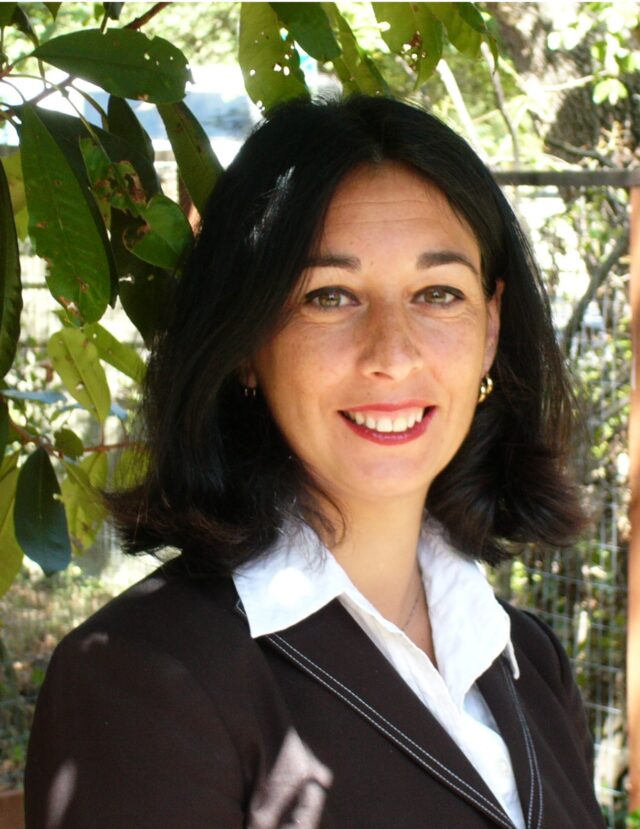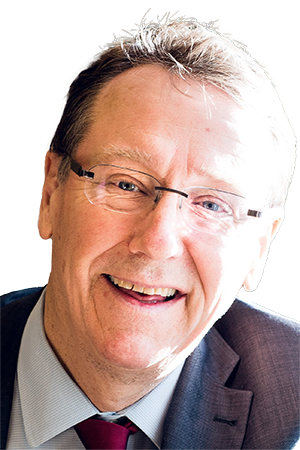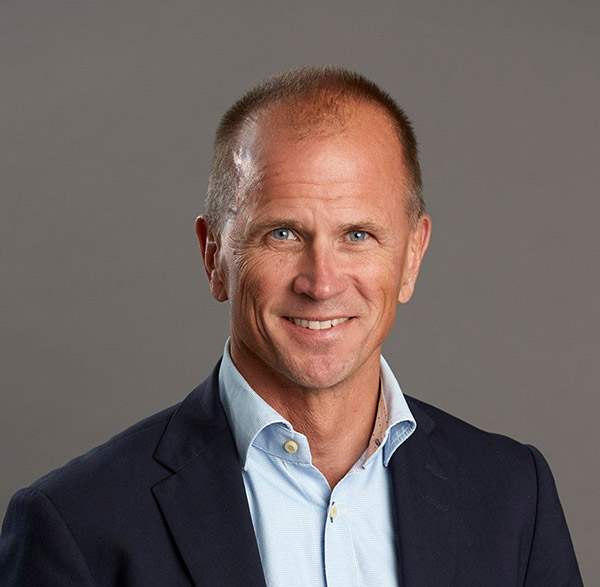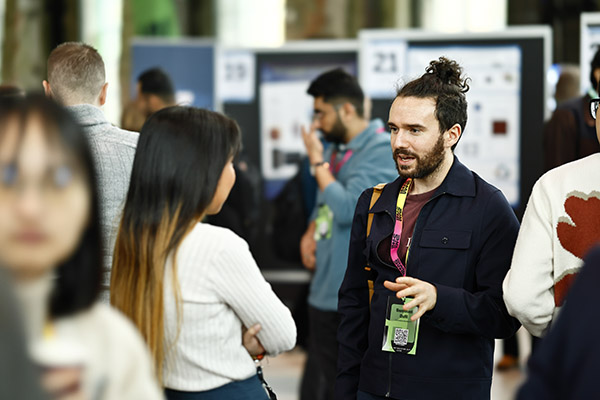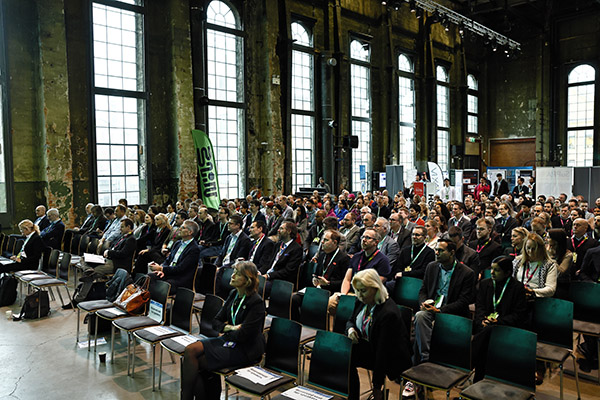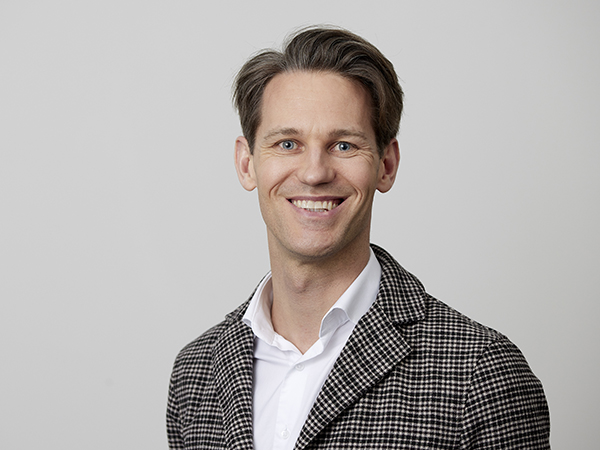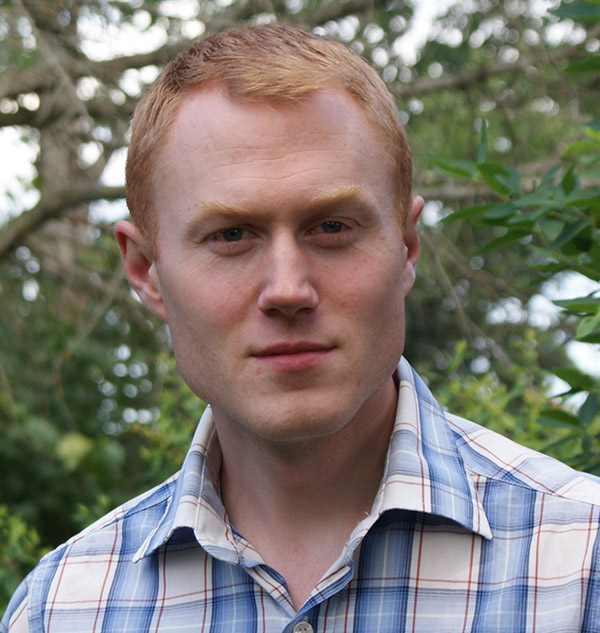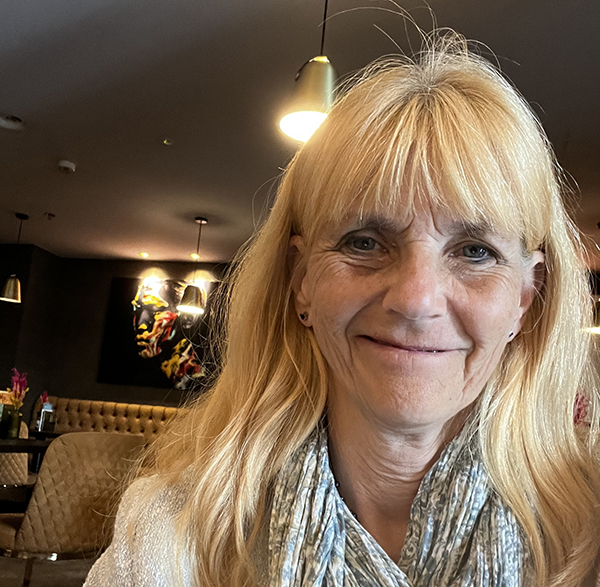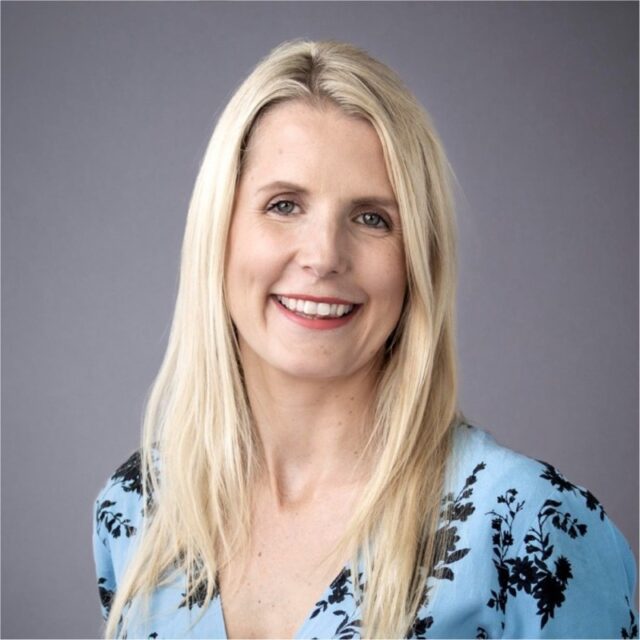In this series of interviews, you will meet the WISE Fellows. This time you will meet Michael Busch, who has joined Luleå University of Technology as a Lecturer and WISE Fellow. You will also be able to find out more about the fellows research here.
The core of Michael’s research endeavors is computational modeling to comprehend chemical reactions and fundamental material properties. Utilizing techniques such as density functional theory, the research investigates reactions relevant to energy conversion and storage, such as water oxidation and CO2 reduction. The ultimate goal is to identify catalysts that enhance reaction efficiency or replace environmentally harmful materials. This research spans various catalytic domains, including homogeneous, heterogeneous, photo-, and electrocatalysis, often conducted in tandem with experimental investigations.
–I would say that the potential societal benefits of our research are multifaceted. From enhancing the efficiency of electrolysers and fuel cells to unlocking new synthesis routes for organic molecules through electrochemical CO2 reduction, the research holds promise for diverse applications. Furthermore, insights into acid-base chemistry in alternative solvents are poised to revolutionize fields beyond materials science, including reaction engineering and medicinal chemistry, says Michael.
Michael’s academic journey underscores a rich tapestry of experiences spanning theoretical chemistry, computational modeling, and experimental electrochemistry. From pursuing a PhD focused on water oxidation mechanisms to embarking on postdoctoral ventures across esteemed research institutions and industry settings, his interdisciplinary expertise and adaptability shine through. This diverse exposure cultivates a unique skill set primed for tackling complex sustainability challenges through collaborative, multidisciplinary research.
–Joining WISE represents an opportunity to engage with Europe’s most innovative sustainability initiative, tackling pressing environmental challenges through materials science. The allure lies in its interdisciplinary nature, which aligns seamlessly with the researcher’s desire for integrating diverse insights from various fields within materials science. This collaborative framework offers the perfect platform for conducting research that transcends traditional boundaries, says Michael.
–In conclusion, the journey with WISE embodies a joint effort to drive sustainable innovation through interdisciplinary materials science, underpinned by a commitment to excellence, collaboration, and societal impact, concludes Michael.

